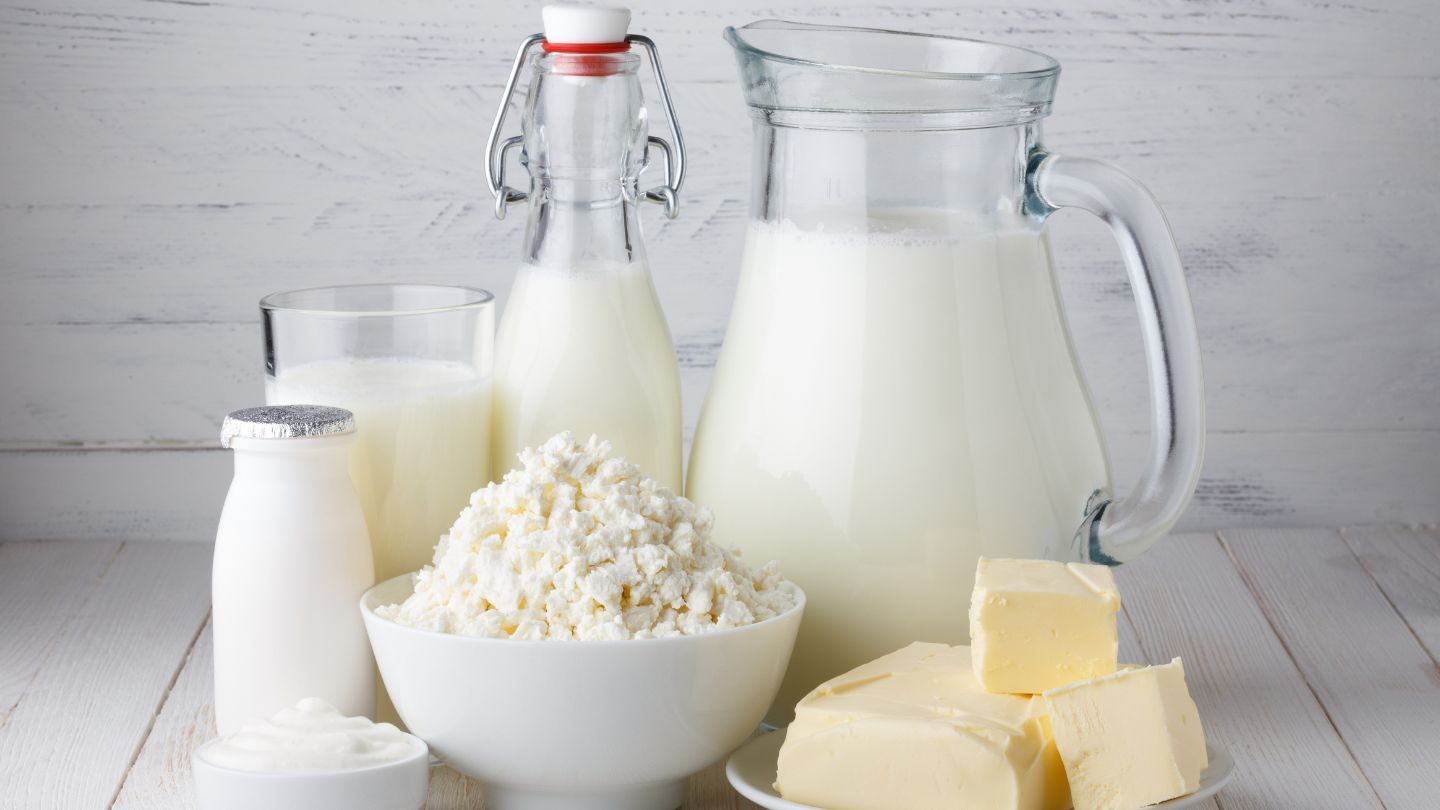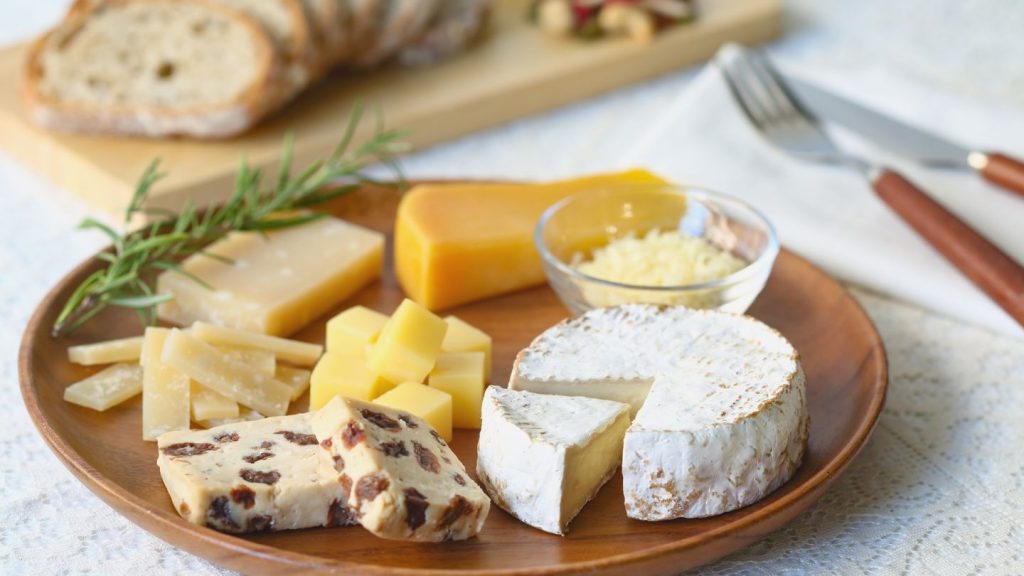
Navigating Dairy Delights Post-Gastric Sleeve Surgery
For many patients, the journey to recovery after gastric sleeve surgery comes with questions about what foods are safe to eat, and cheese often tops that list. Knowing when can I eat cheese after gastric sleeve is crucial for avoiding digestive discomfort while ensuring adequate protein intake. Dairy can be reintroduced, but only in phases and with the right choices that support healing and long-term success.
Understanding Your Body’s Response to Dairy After Gastric Sleeve
After gastric sleeve surgery, your stomach size is significantly reduced, altering how your body digests food, especially dairy. This smaller stomach produces less gastric acid and digestive enzymes, making lactose harder to process for some individuals. As a result, even if you tolerated dairy well before, you might now struggle with bloating, cramps, or nausea when eating cheese or milk products.
The first few weeks after surgery are about allowing the stomach to heal. This means holding off on dairy until the soft food phase begins. Asking when can I have cheese after gastric sleeve depends on your healing progress and your doctor’s dietary recommendations, but generally, cheese can be introduced around weeks 4 to 6 post-surgery.
Many patients wonder: can you drink coffee after gastric sleeve surgery? The short answer: yes , but with caution. Once your surgeon approves, small amounts of mild, non-acidic coffee (often without creamer or sugar) can be introduced. Monitor for stomach irritation or increased acid, and gradually adjust to your tolerance.
Phased Approach to Dairy Reintroduction
Reintroducing dairy products like cheese should be gradual and closely monitored. Following your dietitian’s or surgeon’s phased progression plan ensures your stomach adjusts safely.
Full Liquid Phase (Weeks 1–2)
Stick with lactose-free protein shakes, skim milk, and liquid-based nutrition sources. Avoid cheese entirely during this period , your stomach isn’t ready for solid or semi-solid foods yet.
Pureed Phase (Weeks 3–4)
Soft dairy products like cottage cheese or smooth Greek yogurt can be slowly introduced. These are rich in protein but gentle on digestion. Small spoonfuls help assess tolerance without overloading your system.
Soft Food Phase (Weeks 4–6)
This is typically when patients begin wondering, can I eat cheese after gastric sleeve. At this point, you can try mild, low-fat cheeses such as ricotta, mozzarella, or cream cheese. Keep portions small, about one ounce, and chew thoroughly.
General Diet Phase (Week 7 and Beyond)
Hard cheeses like cheddar or Swiss can be added cautiously. Opt for part-skim or reduced-fat versions. This is also when some may crave melted cheese after gastric sleeve, but moderation is essential. Heated or melted cheese can be dense and harder to digest, so limit portion sizes and pair with soft proteins or steamed vegetables.
Following surgery, your diet after gastric sleeve surgery remains central to recovery and long-term success. You’ll start with clear liquids, progress to pureed and soft foods, and finally transition to solid proteins, vegetables, and carefully portioned meals. Protein is non-negotiable; sugars, fats, and carbonated drinks should stay minimized or avoided entirely.
Choosing the Right Cheese for Recovery

When planning cheese after gastric sleeve, focus on nutrient density and digestibility. High-fat, aged, or processed cheeses should be avoided, as they can cause indigestion or stall weight loss progress.
Best Options for Post-Surgery Diet
- Cottage cheese: High in protein and low in fat
- Ricotta cheese: Smooth texture, easy to digest
- Mozzarella (part-skim): Mild flavor and lower sodium
- String cheese: Convenient portion control option
Cheeses to Limit or Avoid
- Processed cheeses: Contain preservatives and excess sodium
- Blue cheese or brie: High in fat and may cause nausea
- Full-fat cheddar: Difficult to digest and calorie-dense
Understanding when can I eat cheese after gastric sleeve and which types are best will help prevent gastric distress while still giving you access to valuable protein sources.
Managing Lactose Intolerance After Surgery
Lactose intolerance is common post-surgery due to reduced enzyme production. If you notice discomfort after reintroducing dairy, try lactose-free alternatives like Lactaid cheese or non-dairy options such as soy or almond-based cheeses.
When exploring melted cheese after gastric sleeve, remember that melting doesn’t reduce lactose content , it only changes texture. If you’re lactose intolerant, melted cheese may still cause issues. Pairing cheese with a probiotic yogurt or supplement may improve digestion over time.
Signs of lactose intolerance include bloating, cramping, or diarrhea within 30–60 minutes after eating cheese. Keep a food journal to track which products cause symptoms and which you tolerate well.
A concern many don’t anticipate is how to minimize scarring after gastric sleeve surgery. Good wound care, keeping incision sites clean and dry, avoiding sun exposure, gentle massage (when advised), and following your surgeon’s instructions all help promote minimal scarring and optimal cosmetic outcomes.
Pairing Cheese with Nutrient-Dense Foods
Cheese can complement your bariatric diet when consumed strategically. The goal is to pair it with foods that enhance nutrient absorption without overwhelming your stomach.
Recommended Pairings
- Cottage cheese with soft fruits like peaches or berries
- Shredded mozzarella on steamed vegetables or egg whites
- Ricotta cheese blended into pureed soups
- String cheese with whole-grain crackers (post full recovery phase)
These combinations provide balanced protein, fiber, and vitamins, helping you maintain energy and muscle mass during recovery.
Understanding what foods you can’t eat after gastric sleeve surgery is equally important. Tough meats, high-fat or fried foods, sugary treats, carbonated drinks, and large portions can cause discomfort, vomiting, dumping syndrome, or stretching of the new stomach pouch. Steering clear of these “no-go” items preserves your surgical gains and protects your health.
Lifestyle and Long-Term Maintenance

Over time, moderation becomes key. Even when you’re months past surgery, limit cheese intake to small portions, and avoid emotional or mindless eating. Always eat slowly, chew thoroughly, and stop as soon as you feel full, your stomach will signal early satiety faster than before.
Revisit your dietitian every few months to reassess tolerance levels and dietary needs. As your digestive system adapts, you may handle more variety, but discipline remains essential for maintaining long-term weight loss success.
When wondering when can I have cheese after gastric sleeve, remember that every patient’s recovery timeline differs. Listening to your body and following medical guidance will always be the safest approach.
Final Thoughts
Adjusting to life after gastric sleeve surgery means learning how to reintroduce your favorite foods thoughtfully , and cheese is no exception. From understanding lactose tolerance to choosing low-fat options, this guide explained when can I eat cheese after gastric sleeve, how to enjoy dairy in moderation, and which types best support long-term recovery and nutrition.
For continued guidance and medical support following gastric sleeve surgery in Baltimore, connect with Ascension Saint Agnes at our website. Our expert bariatric team provides personalized nutrition plans and compassionate care to help you achieve lasting health and confidence after surgery.
Frequently Asked Questions
When can I eat cheese after gastric sleeve?
Most patients can safely introduce soft, low-fat cheeses around 4–6 weeks after surgery, depending on individual recovery progress.
Can I eat melted cheese after gastric sleeve?
Yes, but in moderation. Melted cheese can be heavier and more difficult to digest, so start with small portions and avoid greasy, high-fat varieties.
Can I eat cheese after gastric sleeve if I’m lactose intolerant?
Opt for lactose-free or plant-based cheeses. Some individuals regain partial tolerance over time, but it varies.
When can I have cheese after gastric sleeve as a snack?
Typically during the soft food phase, but only in small quantities. Focus on nutrient-dense pairings to avoid stomach upset.